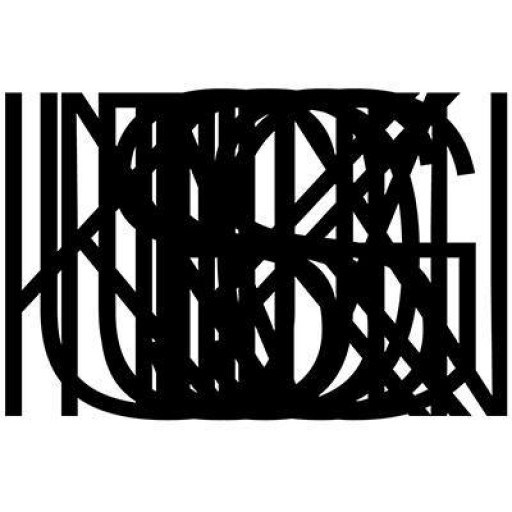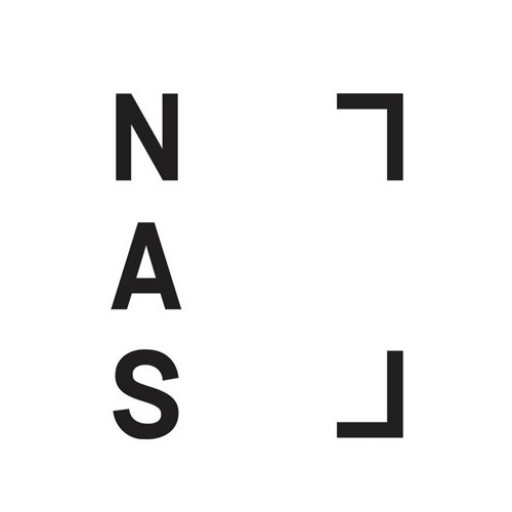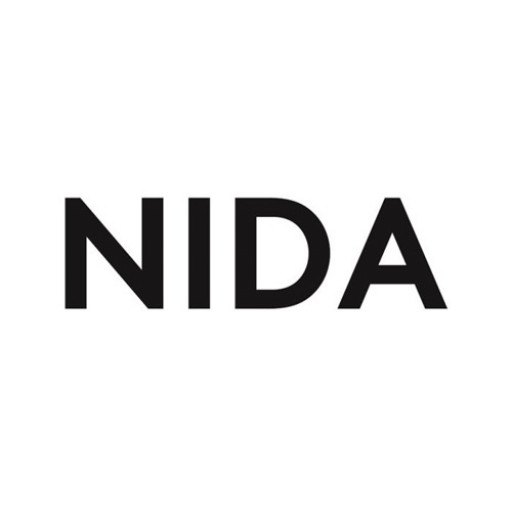Photos of university / #ntnu
The Bachelor of Fine Art at the Norwegian University of Science and Technology (NTNU) offers a comprehensive and rigorous education designed to foster creative development, technical skills, and critical thinking among aspiring artists. This program provides students with a solid foundation in various artistic disciplines, including painting, sculpture, installation, multimedia, and contemporary art practices. Throughout the program, students are encouraged to explore their individual artistic voices while engaging with contemporary issues and innovative methodologies.
The curriculum combines theoretical studies with practical studio work, offering opportunities for experimentation and personal expression. Students receive guidance from experienced faculty members who are active practitioners and researchers in the field of fine arts. The program emphasizes the importance of developing a coherent artistic practice, critical reflection, and professional skills necessary for careers in the arts sector. Furthermore, students have access to state-of-the-art facilities, including dedicated studios, workshops, and exhibition spaces, enabling them to realize complex projects and present their work publicly.
NTNU's Fine Art program is also characterized by its strong emphasis on interdisciplinarity and collaboration. Students are encouraged to participate in exhibitions, art festivals, and international exchange programs, enriching their educational experience and expanding their professional networks. The curriculum is designed to prepare graduates for diverse careers, including professional artist practice, art education, curatorial work, and roles within cultural institutions. The program fosters an environment of innovation, experimentation, and critical engagement, ensuring that students are well-equipped to contribute to the evolving landscape of contemporary art. With a strong focus on individual development and societal relevance, the Bachelor of Fine Art at NTNU aims to cultivate creative talents who can challenge conventions and inspire change through their artistic endeavors.
The Master’s programme in Fine Art at the Norwegian University of Science and Technology (NTNU) offers a comprehensive and dynamic education for aspiring artists seeking to develop their individual artistic voice and deepen their understanding of contemporary art practices. This program is designed to encourage experimentation, critical thinking, and innovation, providing students with the tools necessary to navigate and contribute to the evolving art world. Throughout the program, students engage in intensive studio work, critique sessions, and theoretical studies that foster a reflective and analytical approach to their artistic production. The curriculum emphasizes the importance of both technical skills and conceptual development, allowing students to explore a wide range of media and artistic expressions, including painting, sculpture, installation, video, and digital media.
Students are encouraged to investigate complex themes such as identity, society, environment, and technology, integrating these ideas into their creative processes. The program promotes a collaborative environment where students can exchange ideas, challenge perspectives, and support each other’s growth as artists. Alongside studio practice, students undertake art history, theory, and philosophy courses to contextualize their work within broader cultural and historical frameworks. The programme also emphasizes the importance of exhibition practice, portfolio development, and professional skills, preparing students for careers in galleries, museums, public art projects, and independent artistic practice.
Interaction with visiting artists, participation in exhibitions, and engagement with the local and international art communities are integral to the learning experience. The faculty consists of established practicing artists and scholars who provide mentorship, critique, and guidance tailored to each student’s artistic ambitions. The programme aims to cultivate innovative, reflective, and socially engaged artists capable of making meaningful contributions to contemporary art. Graduates of the Master’s in Fine Art at NTNU are well-equipped to pursue careers in artistic practice, education, curatorial work, and other creative industries, with a solid foundation in both artistic and theoretical aspects of contemporary art.
The Fine Art program at the Norwegian University of Science and Technology (NTNU) offers students a comprehensive educational experience that prepares them for professional artistic careers. Funding for students enrolled in this program can vary depending on their individual circumstances, sources of financial support, and the available scholarships or grants offered by NTNU or external organizations. Norwegian students commonly finance their studies through a combination of government grants, student loans, part-time work, and scholarships. The Norwegian State Educational Loan Fund (Lånekassen) provides financial support to eligible students, covering tuition fees and offering loans and grants to assist with living expenses during their studies. International students may have different options; some may qualify for scholarships, while others might rely on personal funds, sponsorships, or external grants from cultural or educational organizations.
NTNU also provides several scholarship opportunities aimed at both Norwegian and international students to promote diversity and academic excellence. These scholarships can differ in terms of eligibility, application process, and amount awarded. Additionally, students are encouraged to seek funding from external sources, such as European Union programs like Erasmus+, or private foundations that support emerging artists and students studying visual arts. Many students also supplement their income through part-time employment, either within the university, the local community, or through freelance work related to their artistic practice.
The costs associated with studying Fine Art at NTNU include tuition fees for international students, which vary depending on nationality and the specific program regulations, although Norwegian and EU/EEA students often pay no tuition fees for master's degrees. Living expenses, including accommodation, food, art supplies, and other personal costs, are significant and should be carefully considered when planning financially. The university provides advice and support for students seeking financial aid, including guidance on applying for scholarships and loans, budgeting, and managing expenses throughout their studies. Overall, students are encouraged to explore multiple funding avenues to ensure they can complete their education without undue financial hardship.
The Bachelor’s degree program in Fine Art at the Norwegian University of Science and Technology offers students a comprehensive education in artistic practice, theory, and critical reflection. The program emphasizes the development of individual artistic expression through a combination of studio work, theoretical studies, and practical projects. Students have access to state-of-the-art facilities and a vibrant artistic community that fosters creativity and experimentation. The curriculum is designed to cultivate technical skills across various mediums, including painting, sculpture, video, and installation art, while also encouraging innovative approaches and interdisciplinary practices. Throughout their studies, students are guided by experienced faculty members who are active artists and researchers, ensuring that academic knowledge is integrated with contemporary art practices.
In addition to studio work, the program includes coursework in art history, aesthetics, and contemporary culture, providing students with a solid foundation for critical analysis and contextual understanding of their own work and that of others. The program also promotes engagement with current societal issues and encourages students to develop projects that are socially relevant and conceptually robust. Students are given opportunities to participate in exhibitions, workshops, and collaborations with other disciplines and institutions, helping them to build a professional portfolio and network within the art world.
The NTNU Fine Art program prepares graduates for a variety of careers within the arts sector, including professional artist, gallery owner, curator, art educator, and researcher. It aims to equip students with the necessary skills, independence, and critical awareness to contribute meaningfully to contemporary art and society. The program is typically designed for students who have a keen interest in pursuing a career as an artist or within related artistic fields, offering a balance of practical skills and theoretical knowledge to support creative development and professional success.





